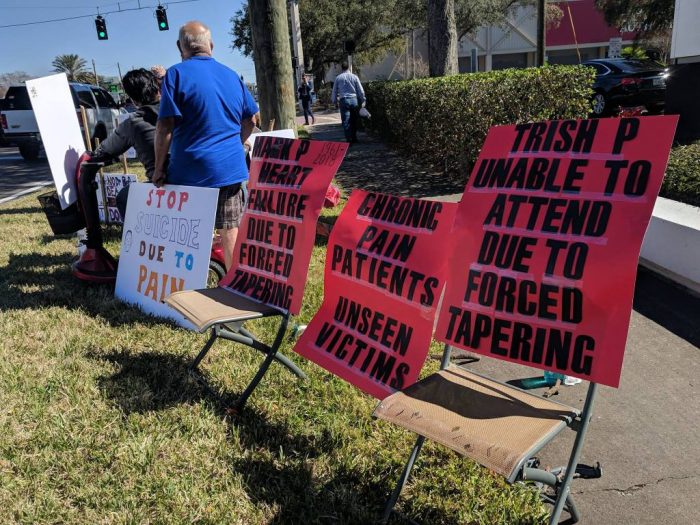I’m an apathetic activist.
Every day, I scroll through my feed, and I’m inundated with news of epidemics, natural disasters, corruption scandals, human rights abuses, and on and on and on.
I care. But also, I don’t.
The reality is, my reality is unaffected. Every day I still get out of bed, take a hot shower, eat a full breakfast, put on the new clothes I treated myself to, drive my personal car to work, splurge on that side of guac with lunch, and dedicate my evenings to personal goals and hobbies.
Refugees are displaced. Children are starving. The whales are going extinct. But at this moment, I am unaffected. I am immune.
I mean, I care. But also, I don’t.
I don’t care enough to do anything to contribute to a solution other than sharing an article here and there. I get to enjoy feeling relevant on my friends’ feeds for a few fleeting seconds—a nice little dopamine rush for every heart and like. I’m your classic slacktivist—none of the effort and all of the feel-good fuzzies.
The concept of compassion fatigue put all this into context for me. In all honesty, we can’t possibly be emotionally invested in every issue. We could never make productive, meaningful contributions to every cause out there.
I do care. Just not enough to inconvenience myself to actually do anything because it doesn’t directly affect me. I can’t fix the world’s problems. So I don’t.
And then, one day, something did affect me. My life was turned upside down in an instant and it hasn’t been the same since.
I am the hypocrite in your feed thinking I should be able to convince you to care about my cause amidst the hundreds of other posts and news articles you’ll scroll by today. I’ll admit, I shared this post to my Facebook (warning: graphic) for the shock value, hoping to break the social media zombie scroll.
This is one of the darker and disconcerting examples of the under-reported pain crisis taking place in our hospitals while the media chooses to focus on illicit fentanyl and heroin overdoses. Why? Because right now, there is big money to be made off the pharmaceutical companies whose unethical and dishonest marketing strategy encouraged a loose hand when writing opioid scripts. Misinformation about the risks associated with opioid medications played a role in the overprescribing practices that contributed to today’s opioid crisis. But as we make a much-needed cultural shift in how we handle these medications, new misinformation is being churned out to completely demonize opioids in order to bolster the lawsuits against pharmaceutical companies.
The companies and doctors who chose to abuse their power and open the floodgates for reckless and unnecessary pain medication prescriptions should absolutely be held accountable. However, the fear of being implicated in the overdose crisis has created hysteria in our medical system. As a result, this has placed an unfair burden on the patients who utilize these medications responsibly to manage complex chronic and intractable pain conditions.
This may not affect you or your family and friends. Until it does.
I’ve had the privilege of connecting with chronic and intractable pain patients whose nerve damage began with a work injury or car accident. I’ve listened to the daily battles that come with conditions I had never even heard of before like complex regional pain syndrome. I’ve heard from the family members of terminal cancer and hospice patients fighting for their loved one’s right to die pain-free and with dignity.
I was especially shocked after connecting with a kind soul who went in to donate bone marrow and left damaged for life by a botched procedure.
The point being, any healthy, able-bodied person could find themselves in unforeseen circumstances that leave them crippled with incurable excruciating pain. In the current climate, they are unlikely to receive anything more than Tylenol.
I was struck by the words of Amani Omejer, a chronic pain patient who writes about the daily struggles of learning to live with incurable pain:
“Living with chronic illness/ongoing health issues is like constantly coming to terms with not being who I thought I would be, who I could be if I wasn’t struggling so much with my health. It’s a relentless grieving process for how my life is compared to how I thought it would be and—most painfully—how I want it to be.”
These words resonated deeply with me, because I have personally watched my mother turn into a shell of a person as her quality of life was ripped away when doctors, out of fear of losing their licenses, refused to continue prescribing her pain medications despite not finding an alternative treatment for the pain stemming from nerve damage in her neck and back. My entire life has been turned upside down as I attempt to juggle my job and oversee my mother’s medical needs.
Advocacy on this topic is uncomfortable because of the closely related tragedy of overdose deaths. But this one-sided narrative is causing harm to innocent patients like my mom. I’ve submitted pieces to my local newspapers and contacted local news stations. I’ve started writing letters to my local representatives. I am preparing to attend my second Don’t Punish Pain Rally on March 20th, 2020 where pain patients across the country will be mustering what strength they can to get out and protest for reasonable reform.
I’m not writing this as a self-congratulatory post about my newfound activism. Again, I am a hypocrite. I’m only an “activist” because my life was impacted when my mother became a victim. I can’t undo the pain crisis but I hope that in my own small way I can contribute to opening the conversation about this issue.
~
If you would like to learn more about the pain community and the ongoing fight for patient rights, visit Don’t Punish Pain Rally.
~









Read 4 comments and reply